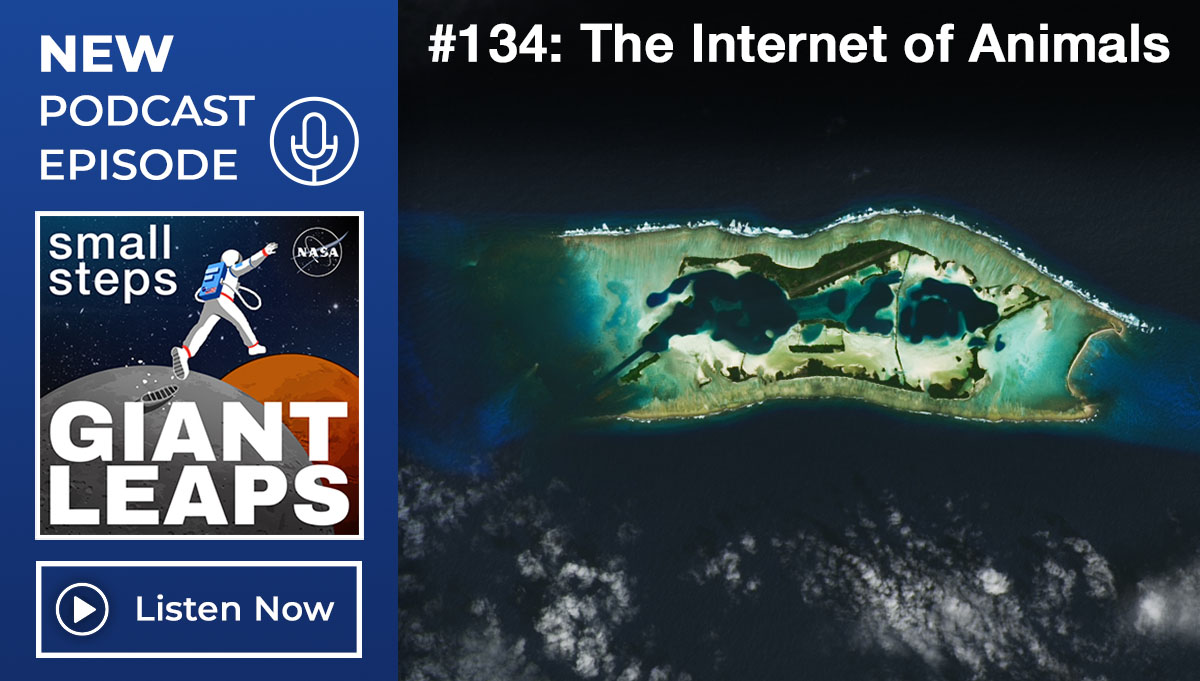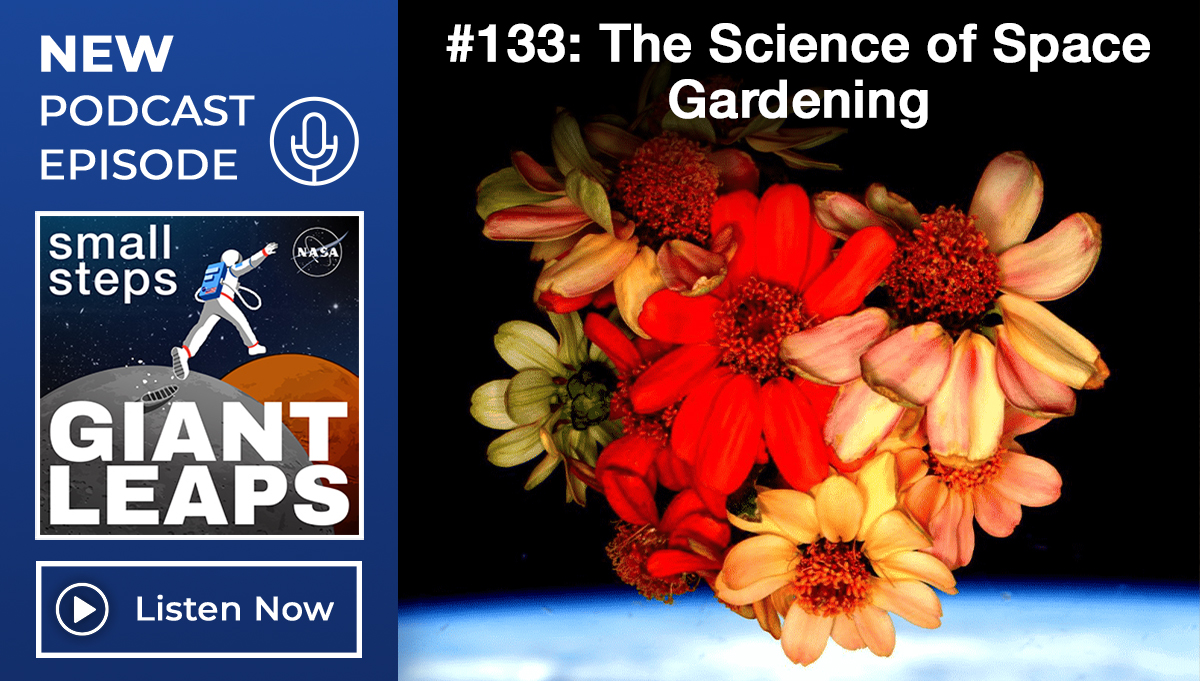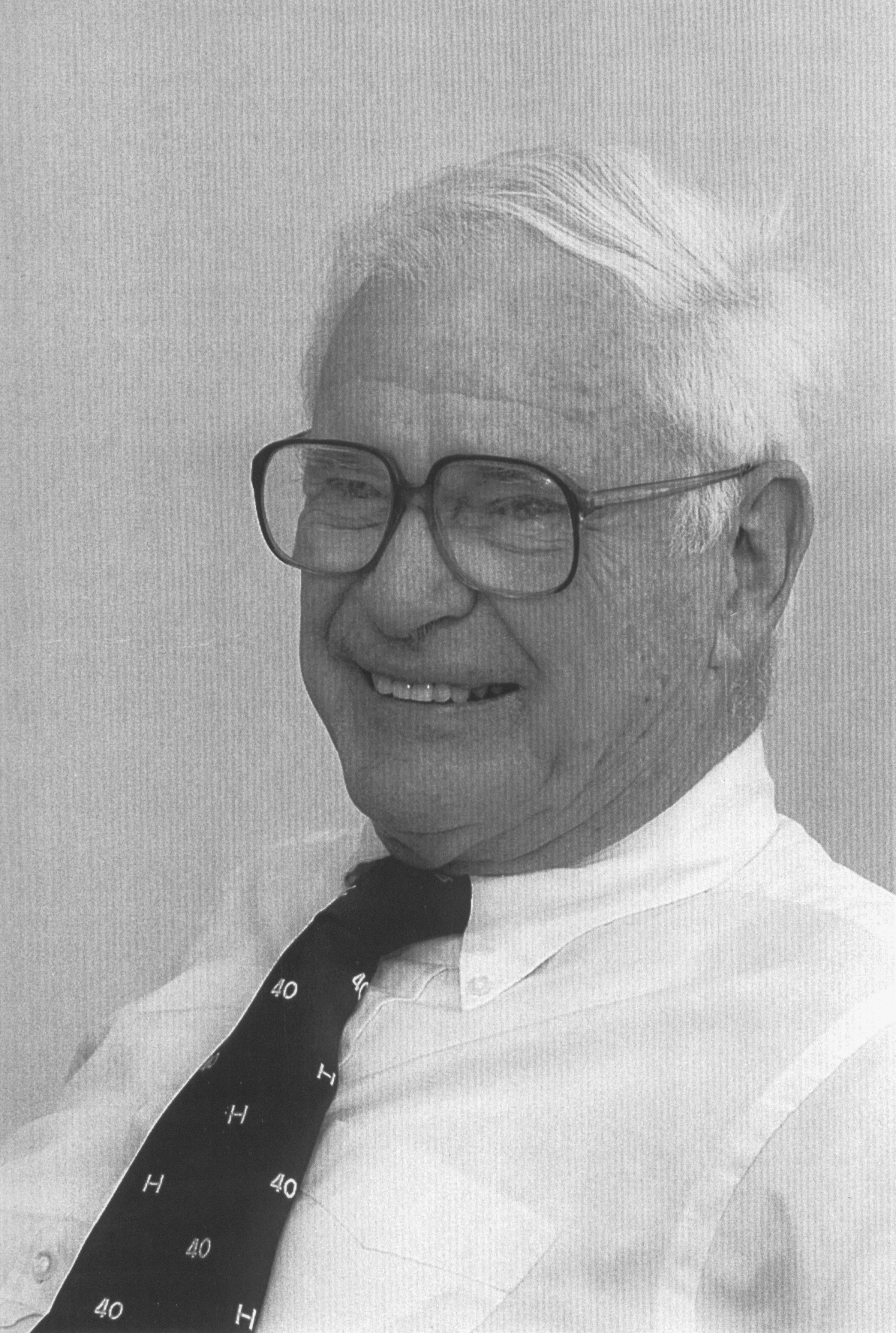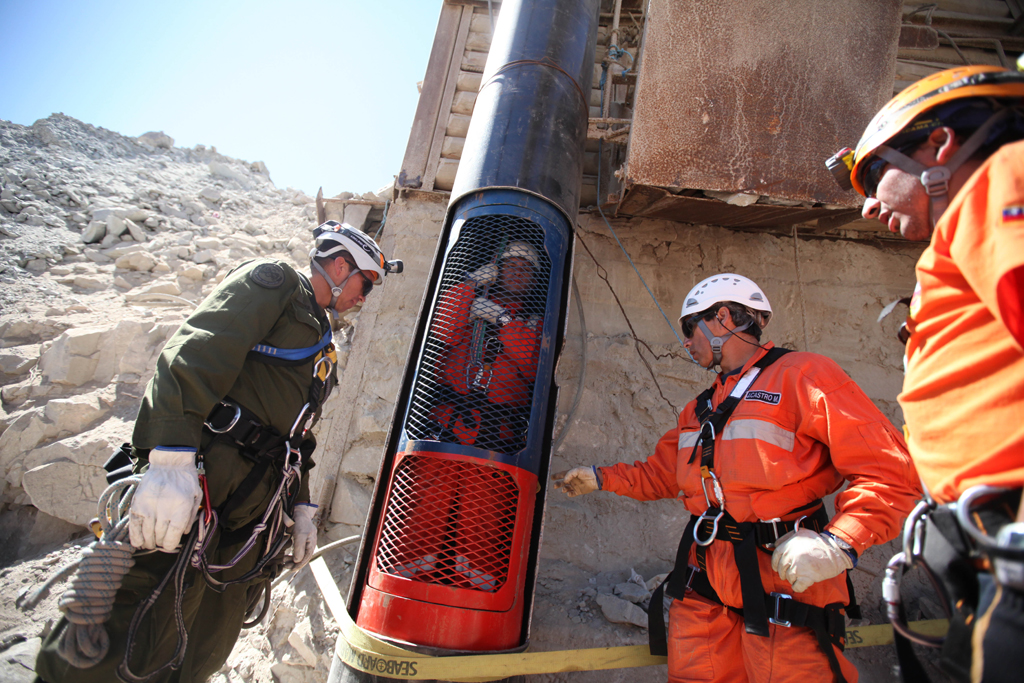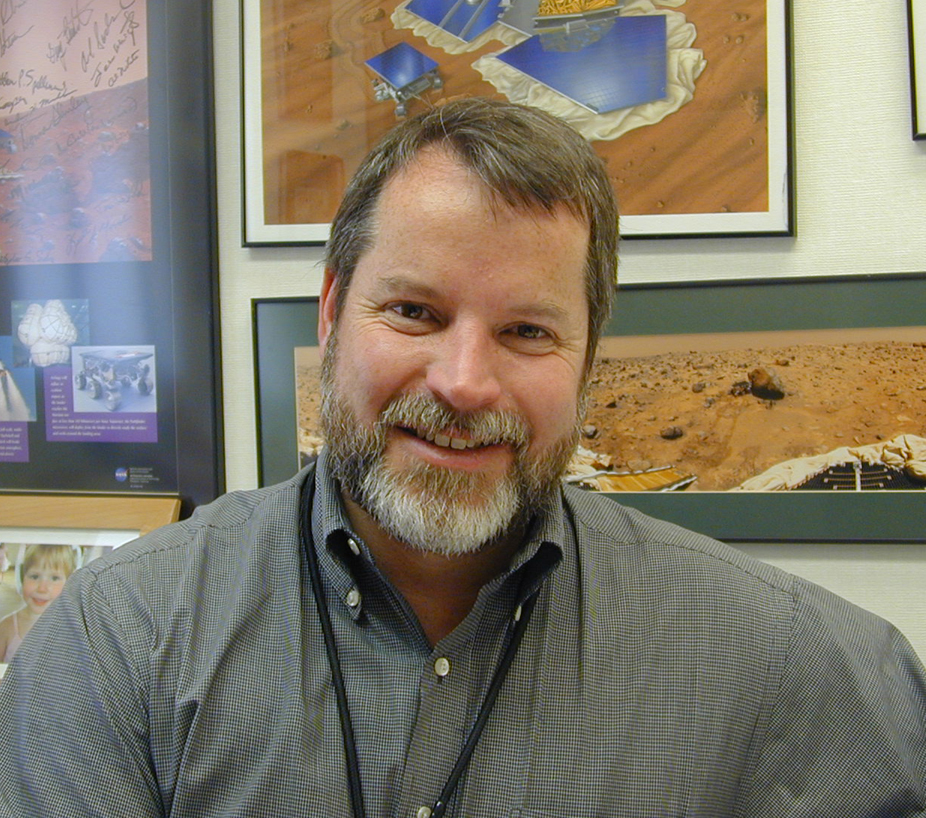Don Cohen, Managing Editor
The articles in this issue of ASK touch on themes already familiar to regular readers of the magazine. Learning from hands-on experience is one.  David Rogers’ “Sustaining NASA’s Safety Culture Shift,” Bob Seamans’ reflections on NASA in the sixties, Edward Ingraham’s “Living with the Contractor,” and Kerry Ellis’ report on systems engineering education at Glenn Research Center all attest to the unique educational value of experience.
David Rogers’ “Sustaining NASA’s Safety Culture Shift,” Bob Seamans’ reflections on NASA in the sixties, Edward Ingraham’s “Living with the Contractor,” and Kerry Ellis’ report on systems engineering education at Glenn Research Center all attest to the unique educational value of experience.
Another theme is the power of stories—the subject of Ed Hoffman’s “From the APPEL Director.” Good stories give us the feel and flavor of other people’s experience; they are the next best thing to being there. And, as Ed writes, the stories we tell and hear help shape experience, tilting our efforts toward success or failure.
The overarching theme of the articles (and, of course, the whole purpose of ASK) is communication. Continual, effective communication is the essential foundation of cooperative work on complex projects. John McCreight’s “Creating the Future” puts communication at the center of successful organizational change. In “CompanyCommand,” Nancy Dixon details the thoughtfulness and attention needed to support effective online communication. Rick Grammier’s “Making a Deep Impact on Science” tells a story of careful, extensive communication overcoming the culture clash between two project groups.
Communication means listening as well as talking, which brings me to another important theme: openness to learning and change. As David Rogers suggests, experience provides opportunities for learning, but you can’t learn unless you reflect on experience with an open mind and a willingness to change. Lee Graham’s description of working with the Naval Research Lab shows that kind of flexibility in the process of understanding and accommodating an organization that works in a different way. The capabilities of the air traffic modeling and prediction tool described in this issue’s featured invention were developed because the inventors listened to the controllers, dispatchers, and pilots and modified their original concept to address the needs of those potential users. Listening underlies the value of the knowledge democratization tools Thomas Davenport describes (if people in power don’t listen, what’s the point of talking?); it contributes to the trust that Larry Prusak talks about in “The Knowledge Notebook” and encourages the innovations and connections discussed in “Crossing Boundaries.”
Learning depends on a willingness to confront your own weaknesses. That willingness is an essential part of the open-minded listening and reflection that lead to better ways of working. Without what one writer calls “higher modesty”—the belief that you might be wrong, no matter how smart you are—improvement is impossible.



